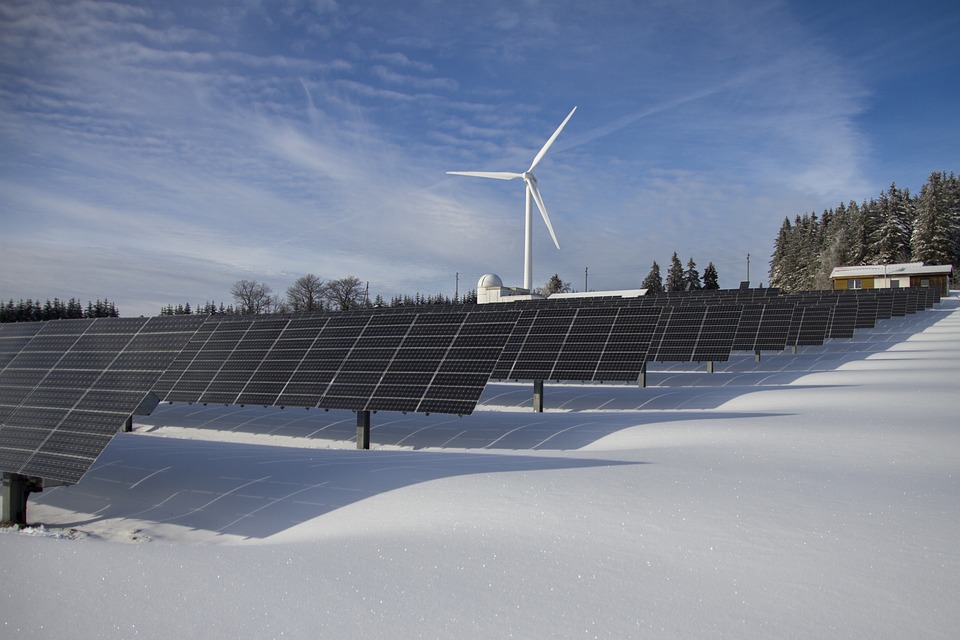In the ever-evolving landscape of home energy solutions, solar power has emerged as a compelling option for homeowners seeking sustainable energy alternatives and cost savings. However, as with any major investment, many homeowners ponder: is solar power really worth it? This comprehensive guide aims to explore not just the benefits of solar power, but also innovative technologies like Sense that enhance energy efficiency in homes.
Understanding Solar Power: The Basics
Solar power harnesses energy from the sun through solar panels, which convert sunlight into electricity. This renewable energy source can significantly reduce your reliance on fossil fuels and help lower your utility bills.
Key Benefits of Solar Power
-
Cost Savings: While the initial investment in solar panels can be substantial, homeowners often see a return on investment (ROI) through reduced electricity bills and various tax incentives.
-
Environmental Impact: Solar energy is clean and renewable, helping to reduce your carbon footprint and combat climate change.
-
Energy Independence: By generating your own electricity, you can become less reliant on the grid, providing a buffer against rising energy prices.
-
Increased Property Value: Homes equipped with solar energy systems may have higher market values, making them attractive to potential buyers.
- Government Incentives: Many states offer tax credits, rebates, and other incentives to encourage the adoption of solar energy, further enhancing the financial appeal.
Evaluating the Costs of Solar Power
Despite its many benefits, transitioning to solar power does come with costs. Here are some factors to consider:
-
Initial Investment: The cost of purchasing and installing solar panels varies widely based on system size, location, and technology. However, financing options and incentives can alleviate upfront costs.
-
Maintenance and Longevity: Solar panels typically require minimal maintenance but will eventually need repairs or replacements. Assessing long-term costs is crucial for a complete understanding of your financial commitment.
- Location and Sunlight Exposure: The effectiveness of solar power systems depends significantly on geographical location and access to sunlight. Potential buyers must consider their local climate and environment.
Home Energy Efficiency Solutions
Before diving into solar, homeowners should assess their energy efficiency. Simple upgrades can lead to substantial savings. Some effective energy-efficient solutions include:
-
Smart Thermostats: Devices like the Nest or Ecobee allow homeowners to regulate heating and cooling more effectively, reducing energy costs, especially during peak usage times.
-
LED Lighting: Switching to LED bulbs can lead to significantly lower electricity consumption.
-
Insulation and Weatherization: Enhancing insulation or sealing air leaks helps keep homes comfortable and lowers the need for heating and cooling.
- Energy-Efficient Appliances: Investing in ENERGY STAR-rated appliances can drastically cut energy consumption.
Smart Technology Innovations: Enter Sense
One of the most exciting developments in the realm of home energy efficiency is the adoption of smart technology. Sense, for instance, is a smart home monitoring system that provides homeowners with real-time insights into their energy consumption.
How Sense Works
The Sense Home Energy Monitor connects to your electrical panel and uses machine learning to identify and track the energy usage of individual appliances. By providing detailed usage data:
-
Identifying Energy Hogs: Homeowners can monitor which devices consume the most energy, allowing them to make informed decisions about usage habits and appliance replacements.
-
Real-Time Tracking: With a mobile app, users can see their energy consumption patterns in real time, helping them shift usage to off-peak times when rates are lower.
- Alerts and Notifications: Sense provides alerts about unusual energy spikes, which can help identify failing appliances or assist with energy-saving practices.
Combining Solar Power and Smart Technology
Integrating solar power with smart technology like Sense creates a powerful combination for reducing energy consumption. Here’s how:
-
Optimized Energy Usage: Homeowners can adjust their power consumption to coincide with peak solar production times, maximizing the use of solar energy.
-
Enhanced Savings: With real-time insights, homeowners can ensure that they’re utilizing their solar energy most effectively, lowering reliance on the grid and reducing energy costs.
- Sustainability Goals: A solar power system paired with smart monitoring can help homeowners track their renewable energy usage and contribute more effectively to their sustainability aspirations.
Conclusion
So, is solar power worth it for homeowners? The answer largely depends on individual circumstances, including financial capacity, local solar incentives, and energy needs. By integrating solar energy into a broader strategy that includes energy efficiency solutions and smart technology, homeowners can optimize their energy consumption and greatly enhance their quality of life.
While solar power requires upfront investment, the long-term benefits in terms of cost savings, environmental impact, and increased property value make it an appealing option for many. With innovative tools like Sense, homeowners can take control of their energy consumption and contribute to a greener future.
If you’re considering solar energy, take the time to research local options, explore financing routes, and evaluate how smart technology can enhance your home energy efficiency. Your journey toward sustainable living is just beginning!


